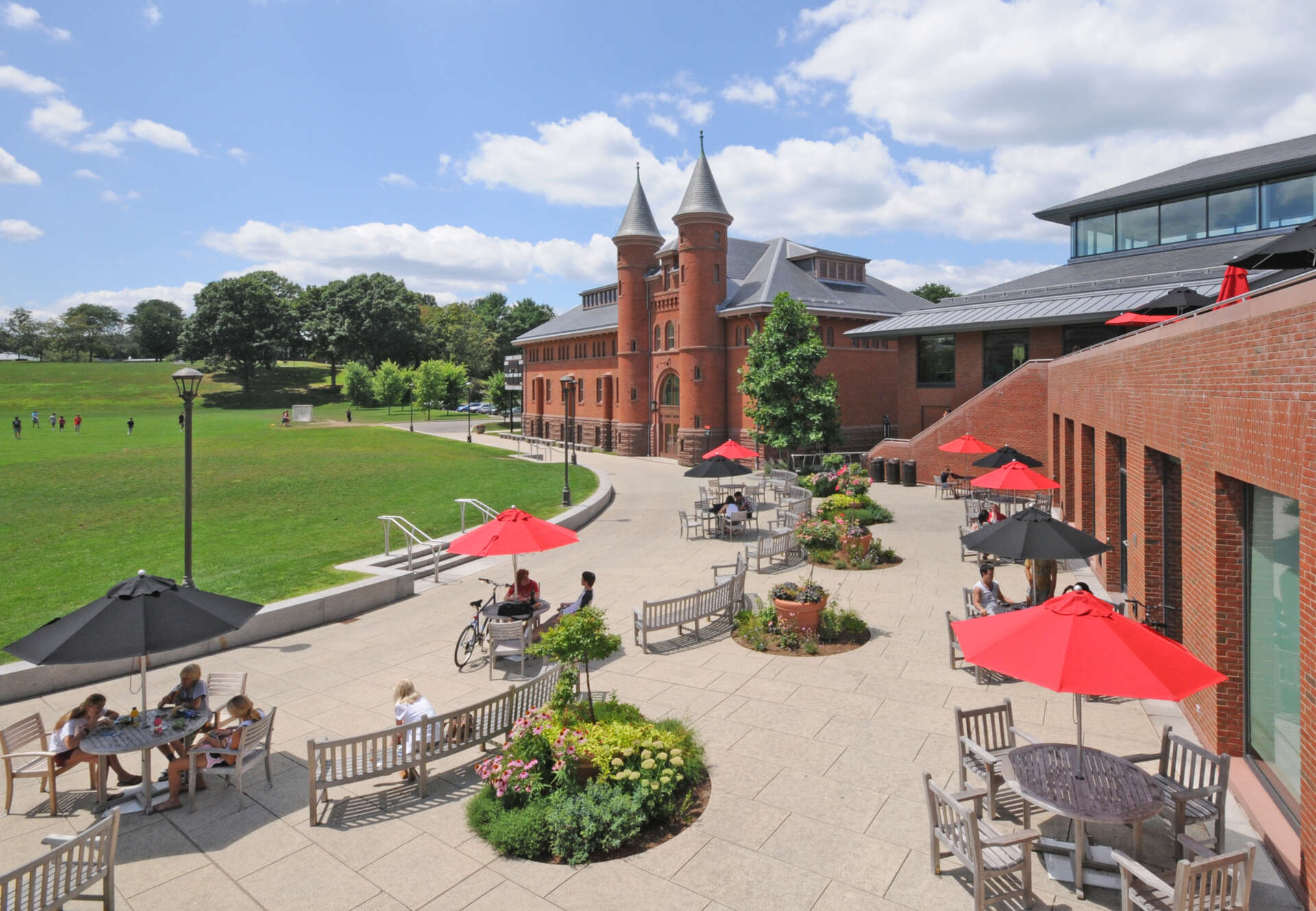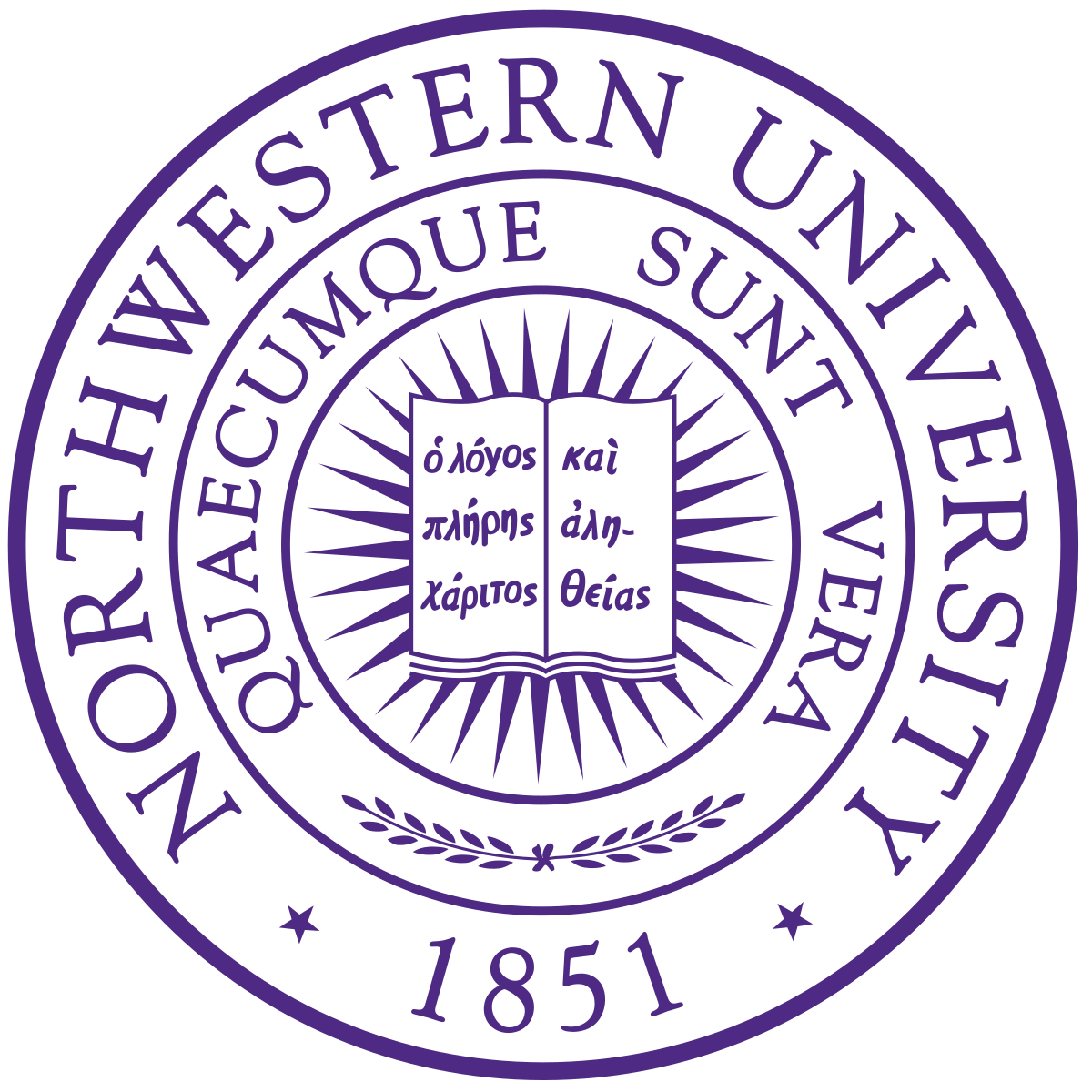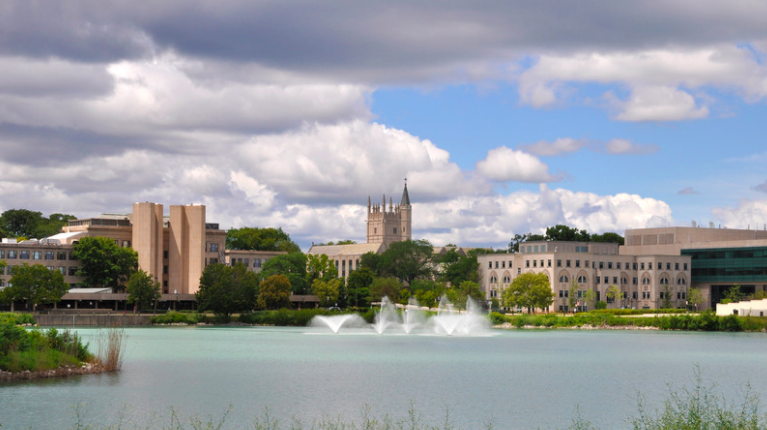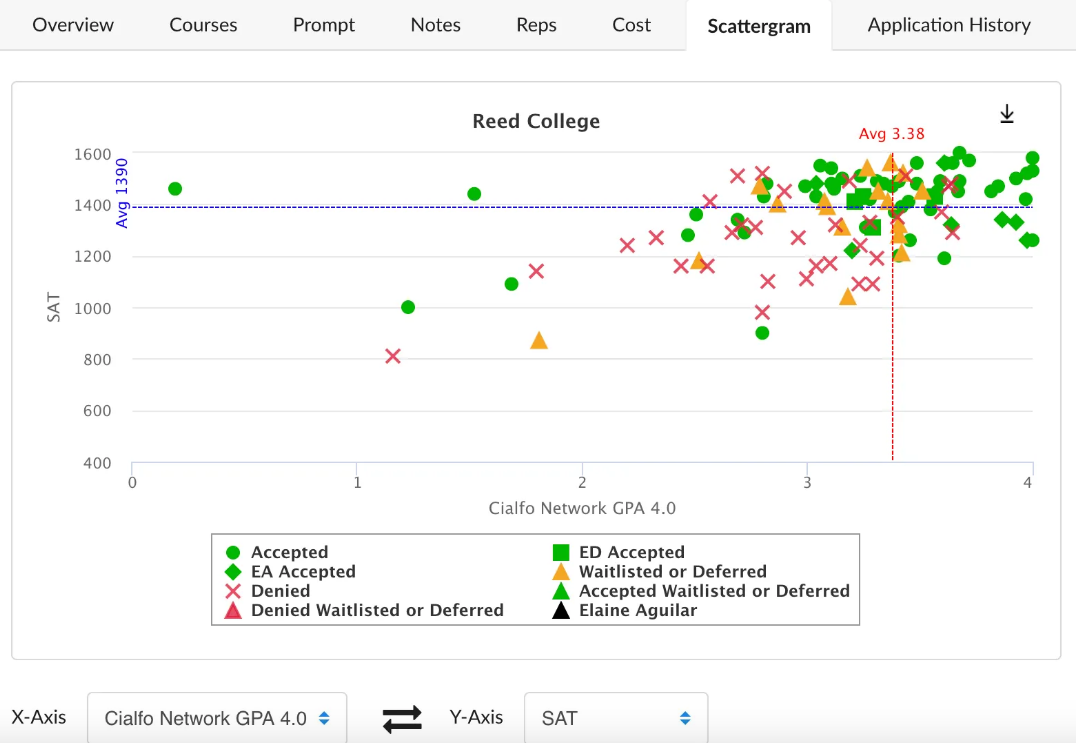 Wesleyan University has announced that it will no longer give any preference in its application review process to applicants whose parents or grandparents attended the university. For context on why Wesleyan University is getting rid of legacy admissions preferences, which it rarely even practiced, and why other selective colleges will soon follow, watch my below video “The End is Near for Legacy Admissions” from April. Wesleyan’s own president, Michael Roth, has admitted that this change is “low hanging fruit” for his institution.
Wesleyan University has announced that it will no longer give any preference in its application review process to applicants whose parents or grandparents attended the university. For context on why Wesleyan University is getting rid of legacy admissions preferences, which it rarely even practiced, and why other selective colleges will soon follow, watch my below video “The End is Near for Legacy Admissions” from April. Wesleyan’s own president, Michael Roth, has admitted that this change is “low hanging fruit” for his institution.
Interestingly, while legacy preferences get most of the headlines, far more students of current staff members and big donors get into selective colleges based on their current familial connections to colleges and/or potential to cut big checks respectively than do children and grandchildren of alumni. Yet, few, if any, selective college leaders – including Roth – have called for the end to preferences for children of current employees or current or potential big donors to their institutions.



 The typical student seeing the first of the two scattergrams above assumes, if he or she has a 3.6 GPA and an SAT score of 1860 he or she is definitely going to get into University of Maryland College Park. Most of the rest of students with that combination of grades and scores would assume, after seeing the above scattergram, that Maryland is at least a huge safety college for them. After all, all students from this high school in the past few years who land in that GPA/score range got into Maryland, as illustrated by all of those green squares.
The typical student seeing the first of the two scattergrams above assumes, if he or she has a 3.6 GPA and an SAT score of 1860 he or she is definitely going to get into University of Maryland College Park. Most of the rest of students with that combination of grades and scores would assume, after seeing the above scattergram, that Maryland is at least a huge safety college for them. After all, all students from this high school in the past few years who land in that GPA/score range got into Maryland, as illustrated by all of those green squares.


 For college-bound high school students, the months between junior and senior years are crucial for jump starting the application process.
For college-bound high school students, the months between junior and senior years are crucial for jump starting the application process.